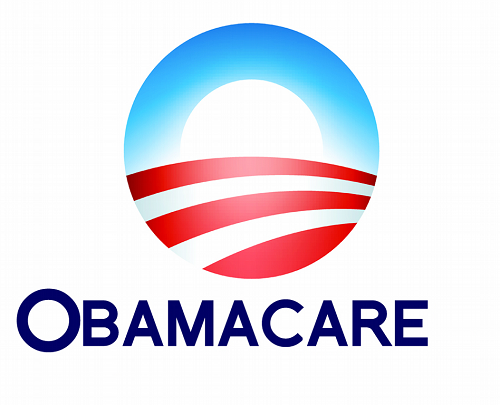Sometimes, I am gobsmacked when I watch conservatives talk to each other. Take, for example, Kevin Williamson of the National Review trying to explain why Republicans should examine some European health care systems. Basically, this is a reaction to the increasing popularity of Medicare-for-All or similar single-payer systems among Democrats and Democratic office-seekers. For Williamson, a lot of liberals are clueless and don’t understand that Europe has a variety of approaches to providing health care and that most of them don’t resemble the “national-monopoly provision on the British-Canadian model.” In other words, maybe we can have a European system after all, and maybe Republicans should begin exploring a new approach.
But once he begins describing the situation, he quickly gets to the nub of the problem. What Americans seem to want is a system of private insurance that is regulated to ensure that everyone is covered, even if they are horrible insurance risks. Since you can’t compel private companies to operate at a loss, this necessitates a “complex regime of mandates, regulation, and subsidies.” In other words, what people want is something exactly like the Affordable Care Act.
Here’s the thing: Republicans, and most Americans, say they want a system in which insurance companies are obliged to cover expenses associated with preexisting conditions. They also want insurance to be provided privately in the market. I have a very hard time seeing how you can have both of those things without having an individual mandate, without which the underlying incentives all but ensure a dysfunctional insurance market. You’d have no incentive to sign up for a plan and pay premiums until you came down with something expensive.
This is the Republicans’ dilemma: They hate the Affordable Care Act, but they want certain benefits (choice of private insurers, coverage of preexisting conditions) that more or less necessitate something like the basic structure of the ACA — which is to say, a necessarily complex regime of mandates, regulation, and subsidies.
Such systems are more the norm in much of the world than is the national-monopoly model. They have significant deficiencies of their own, and some strengths, too, which would be worth understanding as we proceed.
If the Republicans hadn’t demonized the Affordable Care Act, they could use it for their alternative model to what the many Democrats will be pushing for on the 2020 campaign trail. This shouldn’t surprise us. The Affordable Care Act was modeled on the Massachusetts health care law that was established while Mitt Romney was serving as governor of the Bay State. And the Massachusetts law was based on a 1993 plan the Heritage Foundation promoted (very disingenuously) as an alternative to HillaryCare. So, we’ve been here before.
The Republican dilemma is that they hate the only solution that would approximate what they actually want. They hate it because President Obama signed it into law. They hate it because they’ve lied about this law nonstop for more than a decade and those lies are very internalized.
The result is that they’ve boxed themselves out of the health care debate. They really want to be defending the Affordable Care Act or something nearly identical to it. They want to defend this kind of system because they very much prefer it to the “national-monopoly provision on the British-Canadian model.” But they can’t really defend the status quo because they told everyone that the status quo was a Marxist-Leninist takeover of the American economy.
The Democrats will defend the Affordable Care Act against attacks, but they won’t defend it for long against better alternatives. So, how do the Republicans position themselves? They can try proposing something like the Affordable Care Act and call it something else. Maybe introducing some Swiss or German elements would give them some cover to attempt this, although they’d still be proposing “European health care.”
Williamson comforts himself that the people, at least for now, still seem to prefer a system of private insurance. But if the Republicans can’t defend that kind of system because it requires the subsidies and regulations of ObamaCare, then they can’t advocate for what the people want.
That suggests to me that the consensus on health care will soon move to the left. In a tug-a-war, things don’t remain contested when one side lets go of the rope.




